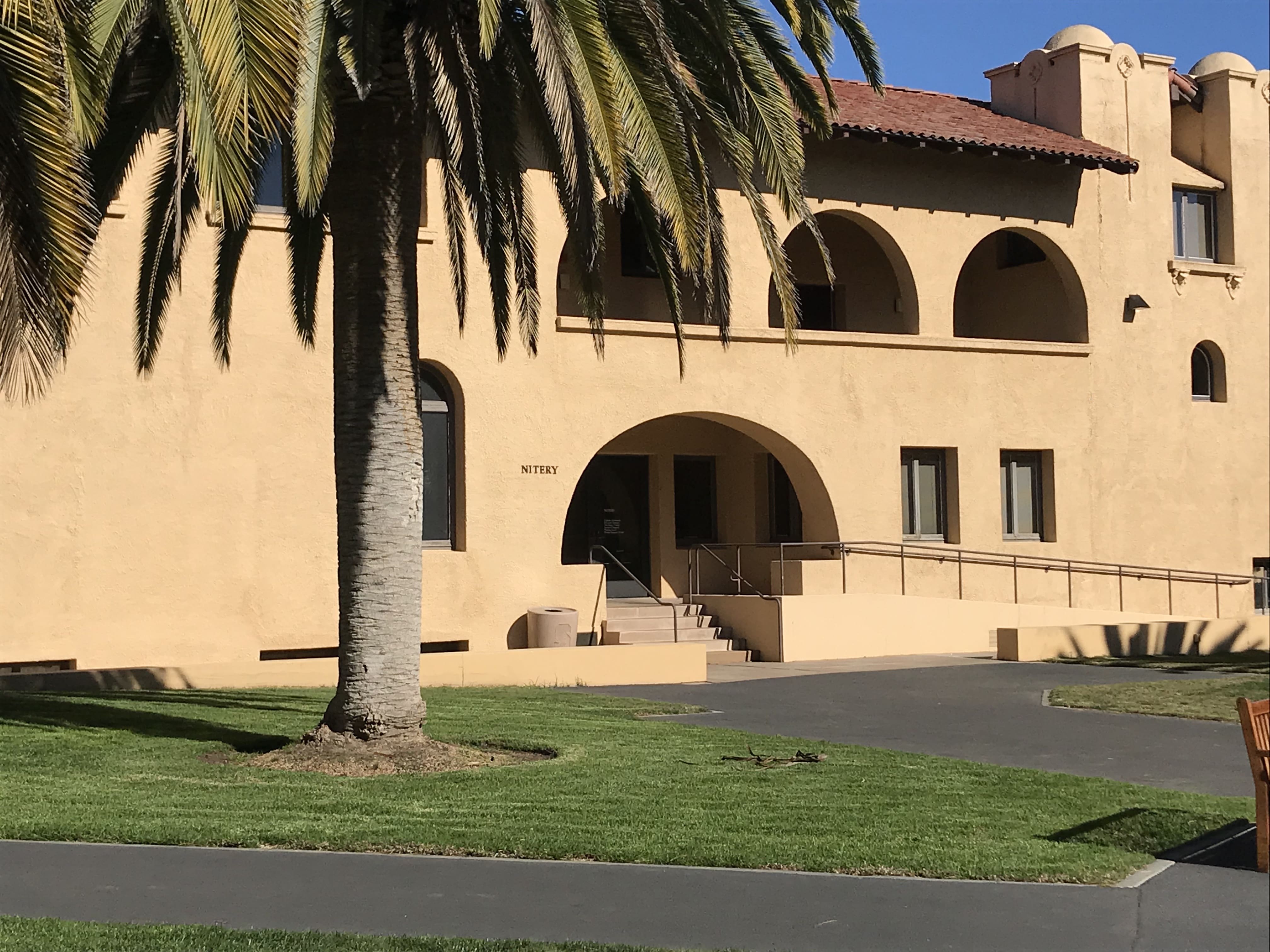At first glance, Kamau MuseMorris ’24 has all the qualities of a typical Undergraduate Senate candidate: a personable demeanor, a campaign Instagram account featuring his platform in bold-print infographics and a desire to “foster a sense of community among students.”
However, unlike frosh Senate candidates in previous years, he has never set foot on Stanford’s campus.
MuseMorris is one of several frosh running for Undergraduate Senate, vying to represent a student body they have mainly met through Zoom calls and computer screens. After the University canceled plans for frosh to return to campus in the fall and winter, this election process has been yet another example of how the pandemic has defined — and confined — their Stanford experience thus far.
There are 10 frosh in a pool of 21 candidates running for 15 total seats. This is a drop from last year, where 19 frosh ran in a pool of 31 candidates.
Many frosh candidates said that they have learned a great deal about the University over the past year despite not being on campus. “Stanford is more than a physical campus — Stanford is about the people,” surmised Aden Beyene ’24.
For Amira Dehmani ’24, this year’s unique circumstances encouraged, rather than hindered, her motivation to run for Undergraduate Senate: “COVID has really exacerbated and highlighted a lot of issues at Stanford,” she said. “All these different communities weren’t being supported, and that just really pushed me to say, ‘I want to help.’”
According to Dehmani, one of these issues has been a disconnect between students and Stanford administration. “It’s a lot of silence from the administration, and not doing anything on their part,” she said.
The Undergraduate Senate, she believes, is in a unique position to prompt administrative action. “I don’t think the Senate has authority over everything — that would be naive — but they have the administration’s ear,” she said.
Many frosh candidates also say that the student government suffers from a lack of transparency and presence with the student body.
“From a student body perspective, most of us have no idea what the ASSU does,” said Jordan Zietz ’24. “If the students don’t know what the ASSU is doing, how well are we really being represented?”
The candidates hope to bridge these gaps. For instance, Jaden Morgan ’24 wants to create more opportunities for students to voice their concerns, whether that be anonymously, privately or publicly through town halls.
Beyene also called for more interaction and communication between the ASSU and students, suggesting that the ASSU revise their website and increase their social media presence.
With much of the student body living away from campus, frosh candidates have turned to social media to campaign since they’re unable to petition at Tressider and in dining halls.
“It’s been a lot of Instagram posts,” Morgan joked. “But really, I think that social media and a lot of other online avenues have allowed me to have meaningful and productive conversations and see where the need is in the student body.”
Although campaigning has been entirely remote this year, that hasn’t stopped a little bit of friendly — and not-so-friendly — competition between frosh. According to Beyene, the competition has been “more of a camaraderie” for those involved. She added that she never wants to put anyone down in her campaigning and that she is friends with many other candidates whom she serves with on Frosh Council.
However, Zietz, who is not on Frosh Council, had a different outlook, saying that “a bunch of the candidates are people that I wouldn’t want in the Undergraduate Senate.”
While there has been competition between candidates, frosh said that their main focus is serving the student body. “It is weird, because we’re all running against each other,” MuseMorris said. “But we know that ultimately, we’re all running for the interests of the students.”
Even though this year’s frosh candidates are tasked with representing a student body that they have not yet met in person, they said that they are up for the challenge.
“I don’t think it’s a disadvantage,” Morgan said. “It’s pushing me to do the best I can to reach out to not just the class of ’24, but to sophomores, juniors and seniors.”
